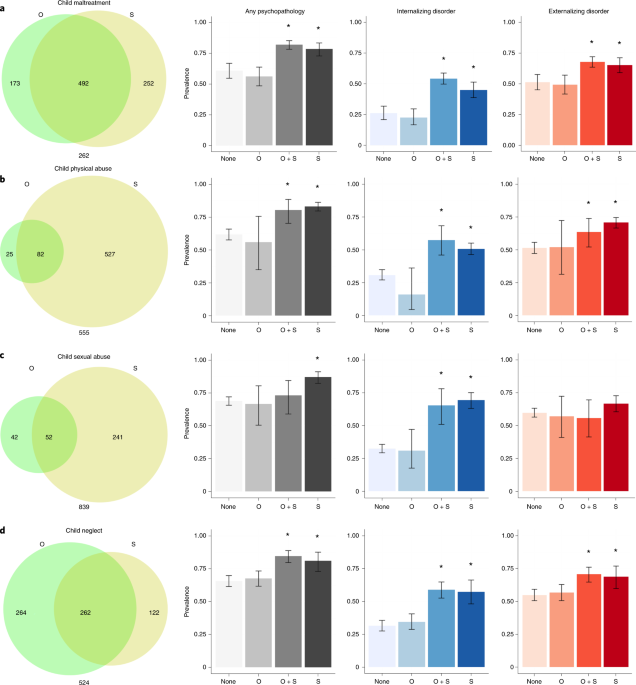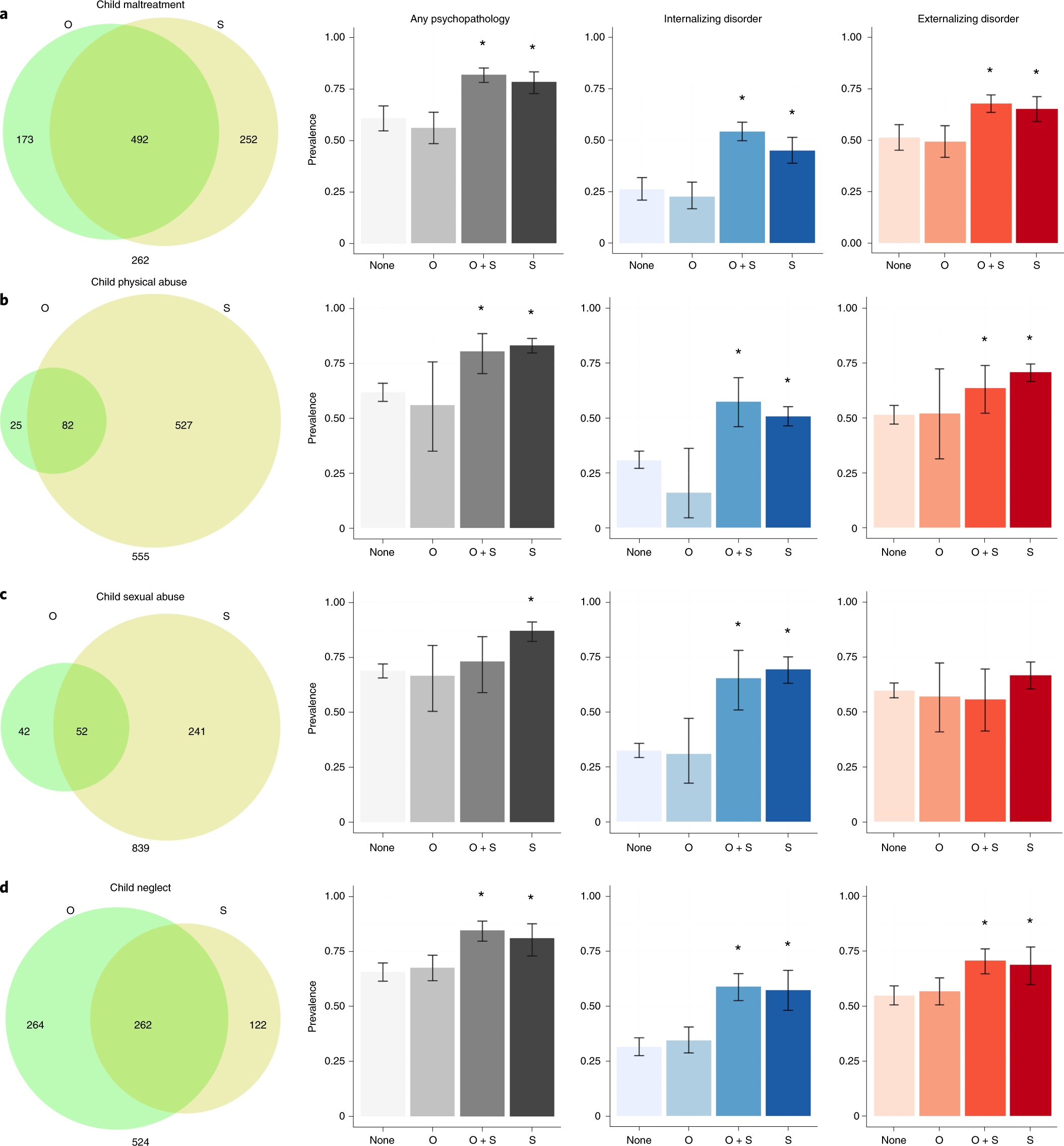- Joined
- Feb 10, 2008
- Messages
- 8,215
- Reaction score
- 8,596
I hadn't realize there was a real anti-CBT community and so got quite a shock this morning when I started googling. Gem of the first hit I got was "CBT as a modality is based around gaslighting."
No, the source does not really explain the sense in which this is the case.
Yeah, I've seen that claim which just... is painful to me. It not only misunderstands gaslighting, it misunderstands CBT! Especially because I've done CPT (which is traditional CBT) with people who experienced intimate partner violence and actual gaslighting, and they found it so beneficial.
I didn’t know van der Kolk was anti-CBT. I use techniques from CBT and DBT, CPT, psychodynamic, and client-centered. I just pick whichever one the patient doesn’t hate. Sort of only half joking.
Yup, van der Kolk promotes this idea that CBT is a "top down" approach, whereas people with trauma need a "bottom up" approach due to the way they process information. Total BS and disregards the actual rationales of these therapies. The hilarious thing is they looove EMDR, which as we know has basically the same mechanism as PE. They also promote somatic therapies, and we all know what the research says about those.





